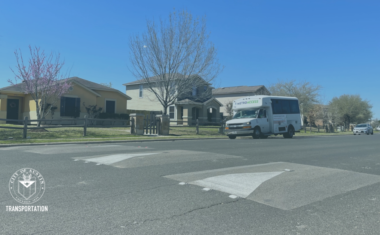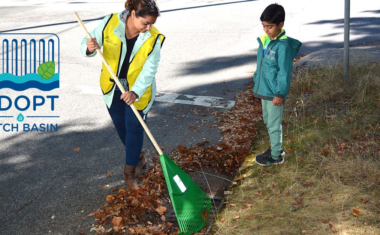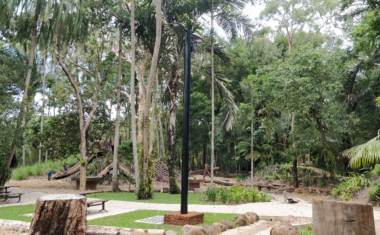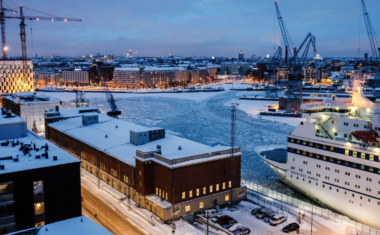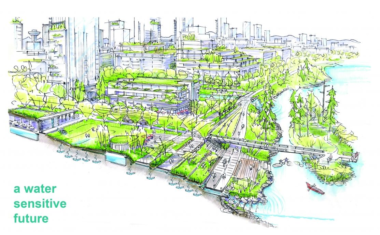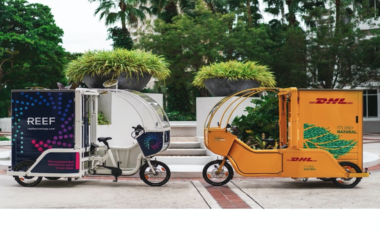Fast-tracked Bike Lanes
- 9
- 7 min to read
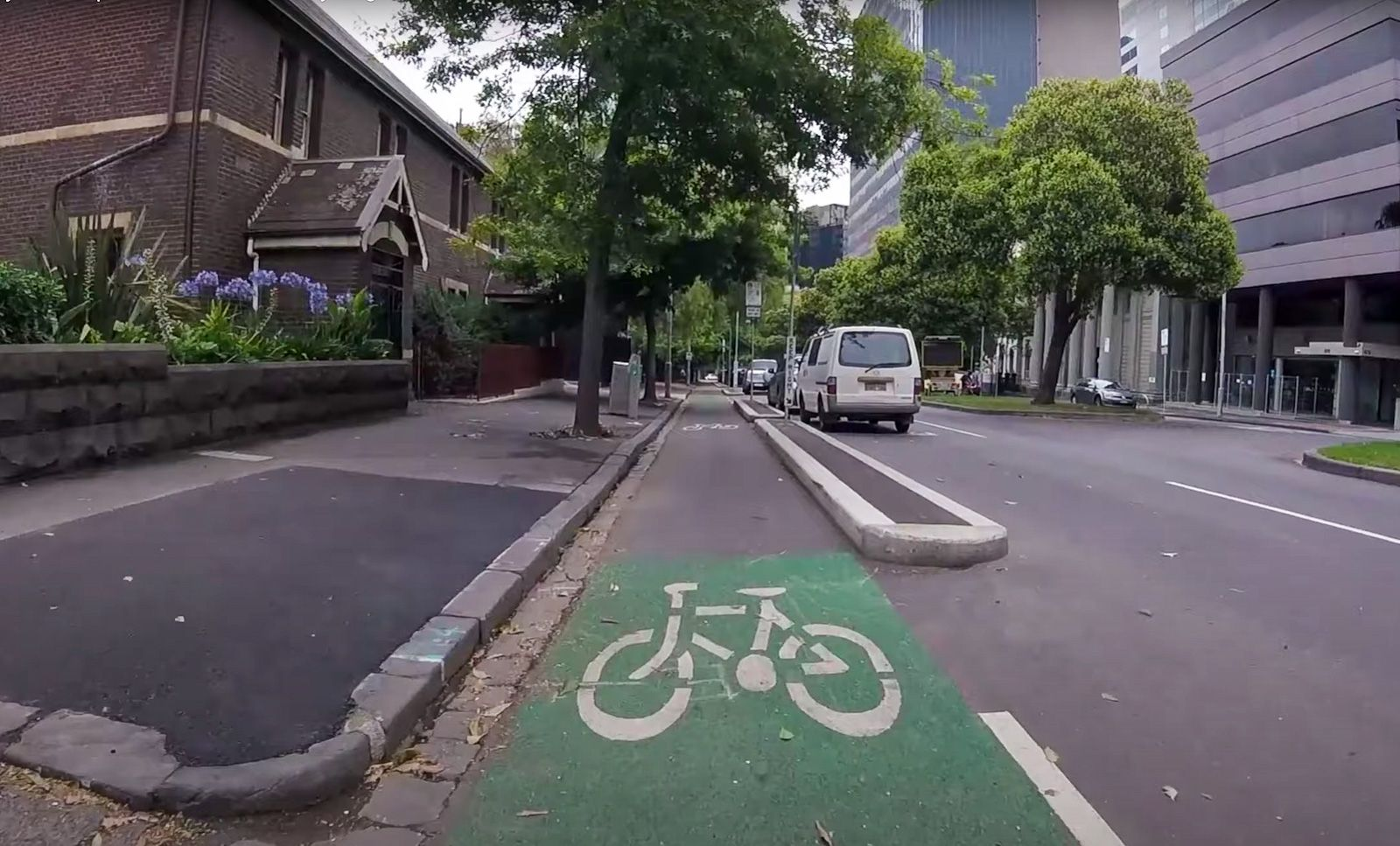
Melbourne, Australia
About the city. The City of Melbourne’s cycling network has over 135 km of on- and off-road routes.
Goal
The main goal is to encourage more people to ride in the central city and free up space on public transport. What’s more, the goal feature is that in a building process, recycled glass is used for protected bike lane barriers.
Implementation period. The project began to be implemented in the summer of 2020. The construction is planned to be entirely completed within two years.
Fact
- Melbourne is the first Australian city that uses recycled glass to create protected bike lane barriers.
- The City of Melbourne estimates the bike lanes will have minimal impact on parking in the municipality as there are 217,000 parking spaces with 193,500 off-street bays.
Solutions
The new bike lanes will connect into Melbourne’s existing bike lane network and provide a safe, efficient, sustainable transport alternative that will support physical distancing and get the city moving again as COVID-19 restrictions are eased.
The new lanes are key routes identified in the City of Melbourne’s Transport Strategy 2030.
The first five priority routes to be delivered in the coming months are:
- Swanston Street (around the University of Melbourne from Grattan Street to Cemetery Road)
- Exhibition Street stage one (Flinders Street to Bourke Street)
- Rathdowne Street (Victoria Street to Faraday Street)
- William Street (Dudley Street to Flinders Street)
- Abbotsford Street (Flemington Road to Queensberry Street)
In an Australian first, the City is using recycled glass to create the protected bike lane barriers. Instead of bottles ending up in landfills, it uses about 15 to 30 kilograms of glass in each barrier.
Transport portfolio Chair Councillor Nicolas Frances Gilley said delivering a network of protected cycling lanes and lots of bike parking would benefit Melbourne’s transport system and our environment.
“We’re continuing to take climate action, even while responding to the COVID-19 pandemic. This project will kick-start changes to how people move around Melbourne for years to come,” Cr Frances Gilley said.
The adaptable bike lanes will be functional for years to come and maybe progressively replaced with fixed lanes over time as required.
The project is being delivered in two stages in collaboration with the Victorian Government. The City of Melbourne is investing $16 million to deliver the first 20 kilometres of fast-tracked bike lanes this year.
Footpath extensions
To create more space on some of our busiest pathways and crossings, we’re installing footpath extensions.
The existing footpaths will be extended into the roadway using bollards, temporary kerbs, planter boxes, bicycle hoops and seating to create a safe space for pedestrians. At pedestrian crossings, the footpath extensions will be bordered by flexible vertical bollards to ensure people feel safe and comfortable waiting in these areas.
The extensions are the first step in making more room on our busy footpaths – we know footpaths and pedestrian crossing waiting areas are the most overcrowded in the city peak commute times. These changes will help support physical distancing and provide more space to get the city moving again as COVID-19 restrictions are eased.
Team
The City of Melbourne, partnership with Citywide and a Melbourne-based small business, Orca Civil. In addition, the City of Melbourne is working with the Victorian Government.
Timeline
The City of Melbourne is installing more than 500 metres of new bike lanes each week, as preparations ramp up to safely welcome people back to the city as COVID-19 restrictions ease.
What streets have been completed?
- Albert Street. Works completed July 2020
- Swanston Street. Works completed October 2020
- Canning Street and Elgin Street. Works completed September 2020
Lord Mayor Sally Capp said two kilometres of protected bike lanes have been installed so far, with a further four kilometres under construction. The new lanes are part of the City’s initiative to fast-track 40 kilometres of new bike lanes over two years.
Council is investing $41 million in transport initiatives in 2020-21, including investing $6.9 million to renew roadways along William Street, between Flinders Street and Flinders Lane, and improving footpaths on Canning and Queensberry Streets in Carlton.
If you notice an error or inaccuracy in our editorials, please email [email protected] so we can look into it.

